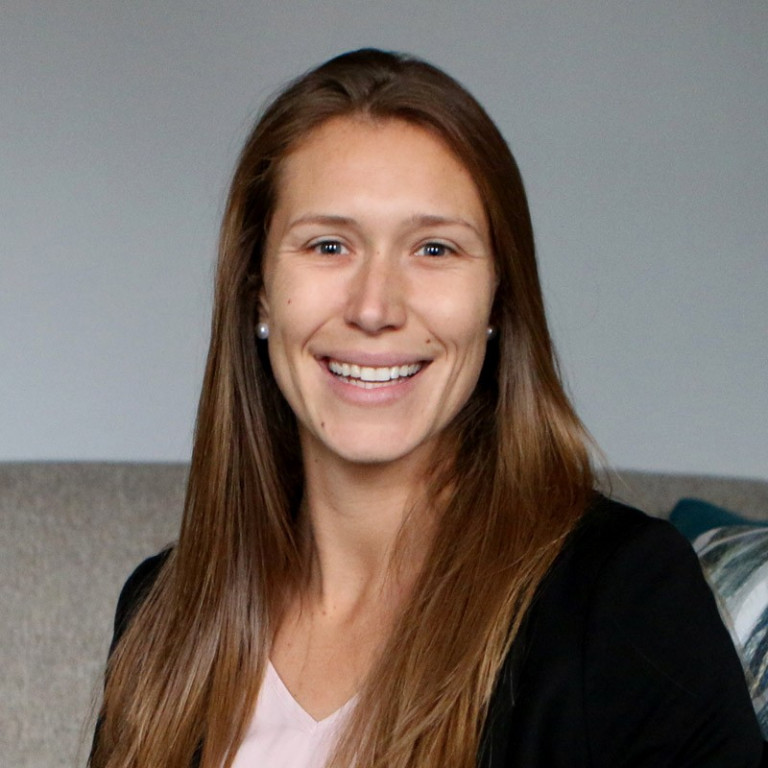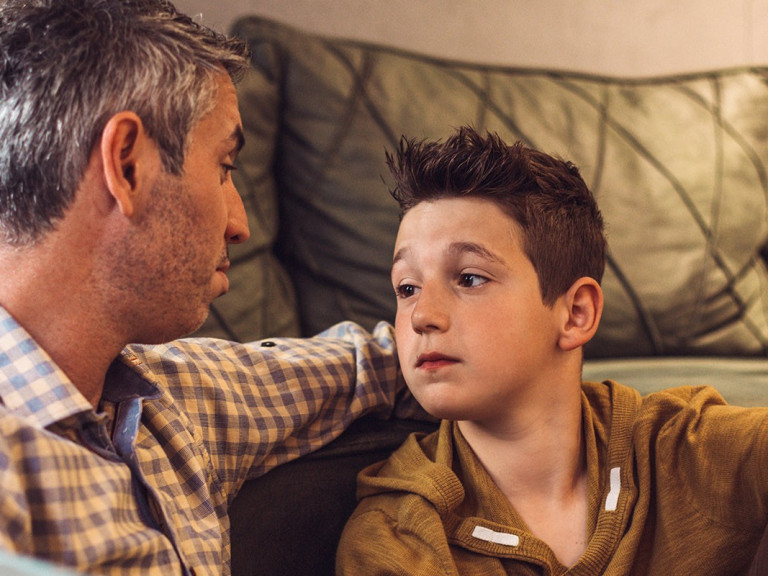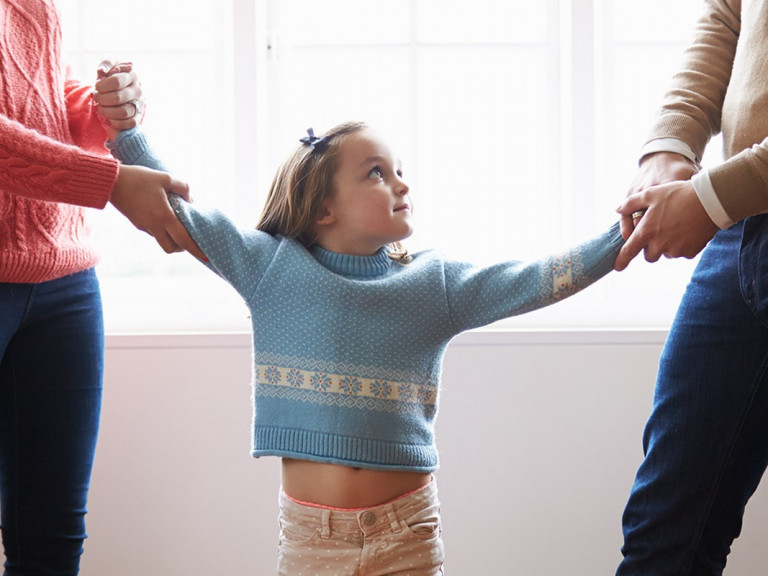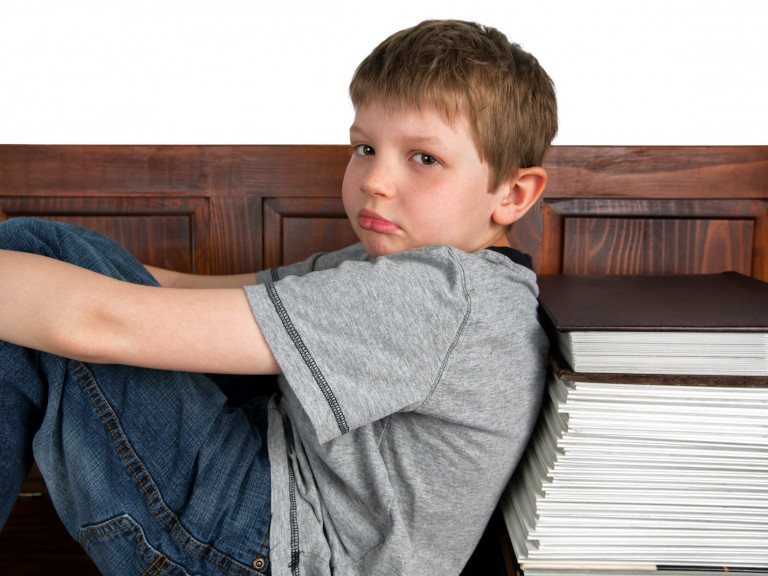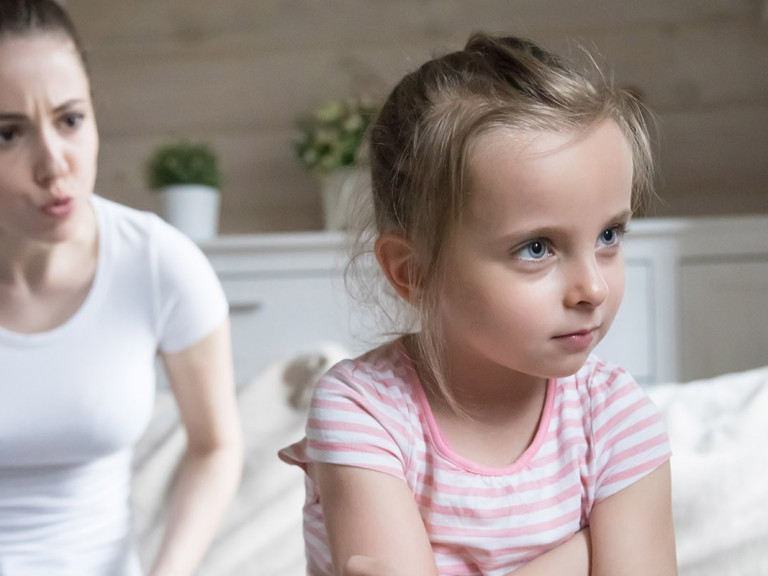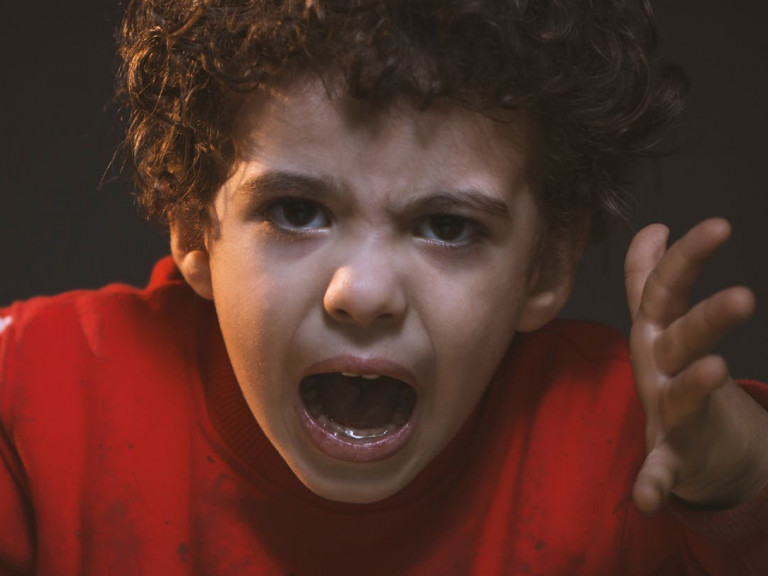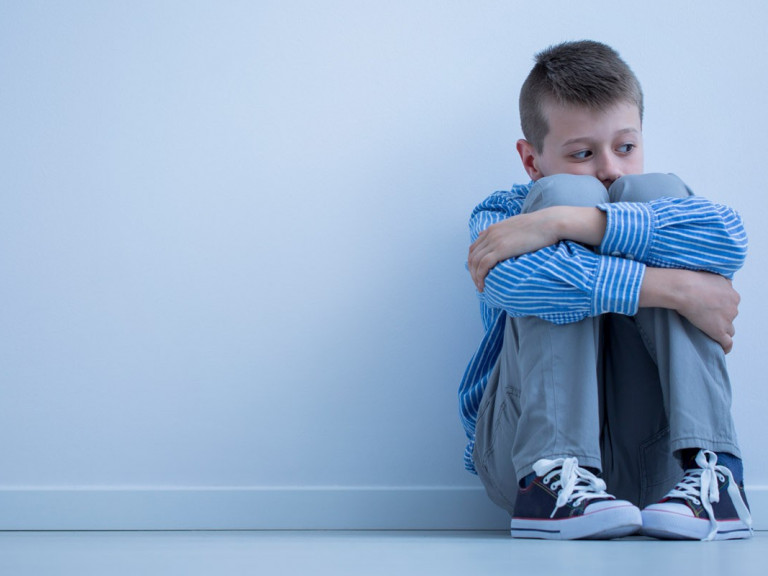Parenting Therapy: Be the Best Parent for Your Child
Being a parent is challenging. Whether you're a birth parent, adoptive parent, or caretaker, raising a kid requires a lot of emotional labor. It's one of the most rewarding jobs you can have, but it's hard and, at times, can seem almost impossible. Parenting therapy can help.
We all want to be the best parent or caretakers for our children. When a small person depends on you for their wellbeing, there's a lot of pressure to get everything "right." But the truth is that there's no perfect parent. So we all have to find a way to do our best.
At Goodman Psychologist Associates, we offer parenting therapy as well as family counseling and child therapy. So if you, your family, or your children are struggling, we're here to help you figure out the best path forward.
Coping with Emotional Issues in Children
Parents are usually the first to recognize that their children may have problems with their emotions or behavior. It can be very unsettling when you notice uncharacteristic, challenging, or concerning behaviors. Many parents feel alone or wonder how to help their children.
One of the first steps to adjusting behavior is to have an open, honest talk with your child about their feelings and where they’re coming from. Parents may turn to their child’s physician, teacher, clergy, or other adults for support—seeking insight from others who know their child well.
If these conversations don't seem to help or the concerns are escalating, it may be time to reach out for family or parenting therapy. A trained therapist can help you know how to tackle some of the common behavioral concerns that can arise during childhood.
Parenting therapy can help identify many different concerns, including:
- Anxiety
- Depression
- ADHD
- Autism Spectrum Disorder
- Behavioral Disorders including Oppositional Defiance Disorder and Disruptive Mood Disorder
- Trauma
- Social Anxiety and Stress
Of course, other issues can also surface during childhood and adolescence, depending on many different factors like changes to a child’s environment or routine, health challenges, and more.
For example, we've seen increased social anxiety amongst children and adolescents in the last few years. As technology has changed how kids learn, socialize, and communicate, social adjustment has become more of a challenge. Distance learning has compounded the issue, and many kids feel less comfortable with face-to-face interactions. They may question how others perceive them and feel overstimulated in a social environment.
When kids face loss, whether through a divorce, the loss of a parent or grandparent, or changes to their social circle, they may experience a sense of grief. These feelings can be common during childhood and as kids get older and move into new phases of life.
If your child is hurting emotionally, you may hurt too. Some parents struggle when their child is facing a mental health diagnosis like ADHD, ASD, or ODD. Therapy can provide a supportive environment for kids to learn, grow, and heal, as well as parents. In addition, parenting therapy allows parents to explore their own feelings about their child's diagnosis and struggles in a safe, private, judgment-free setting.
It's helpful to discuss your child's disorder with an expert to understand how it impacts your child. Together, you and your child's therapist might explore new approaches that could be helpful. Parents need support and a place to talk about their feelings and experiences without guilt or shame.
Parenting therapy helps parents and caretakers understand the difference between regular childhood bumps in the road and more serious concerns. All kids experience stress as part of growing up. While there's no such thing as a "normal" childhood, parenting therapy can help you rise to each occasion and challenge confidently.
Parenting Concerns
When a child goes through any of the above challenges, parents can experience their own emotional issues and stress. Helping a child who is struggling can make you feel isolated or inadequate. Parents and caretakers often feel anxious because they don't have the right tools to help their kids.
There are many mental health issues related to parenting, but some of the most common include:
- Anger Management and Discipline
- Anxiety, Stress, and Worry
- Post-Partum Emotions
- Depression
- Navigating Changes
It's crucial that parents work through their emotional issues, not only for their own sense of wellbeing but also for their kids' wellbeing. Kids are quite intuitive. Many kids can tell when their parents are feeling upset or stressed, and it can cause them to experience feelings of stress too.
Parents are allowed to feel their feelings, and it's important to really allow yourself to process and feel your emotions. But if you aren't taking care of yourself emotionally, your kids likely know. It's essential for parents to model good mental health so their children know the importance of self-care.
One of the most common mistaken beliefs parents have is that everyone else knows what they're doing and other parents are doing a better job. As a result, parents worry that they will make irreparable mistakes or set boundaries that are too loose or too tight with their kids.
It's common for parents to fear that they're not meeting the expectations of parenting. They might fear that they're going to permanently damage their child. Other parents might worry that they can't fix everything for their kids and can't protect their children from struggling. However, it's important to remember that struggling is a natural part of growth. Those challenges can help children become better, stronger people as they grow into adulthood.
As parents, the most important thing you can do is make sure that you're taking care of your health and emotional wellbeing. Well-adjusted parents will set good examples for their kids. They'll help their kids understand their own self-efficacy and capacity by modeling confidence in their own life.
Reach out today if you're ready to be the best parent you can be. Parenting therapy can help you navigate through any rough waters of parenting and find the peace of mind and assuredness you need to continue to provide the best care for your child. So contact us today; we can help.







